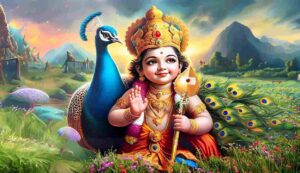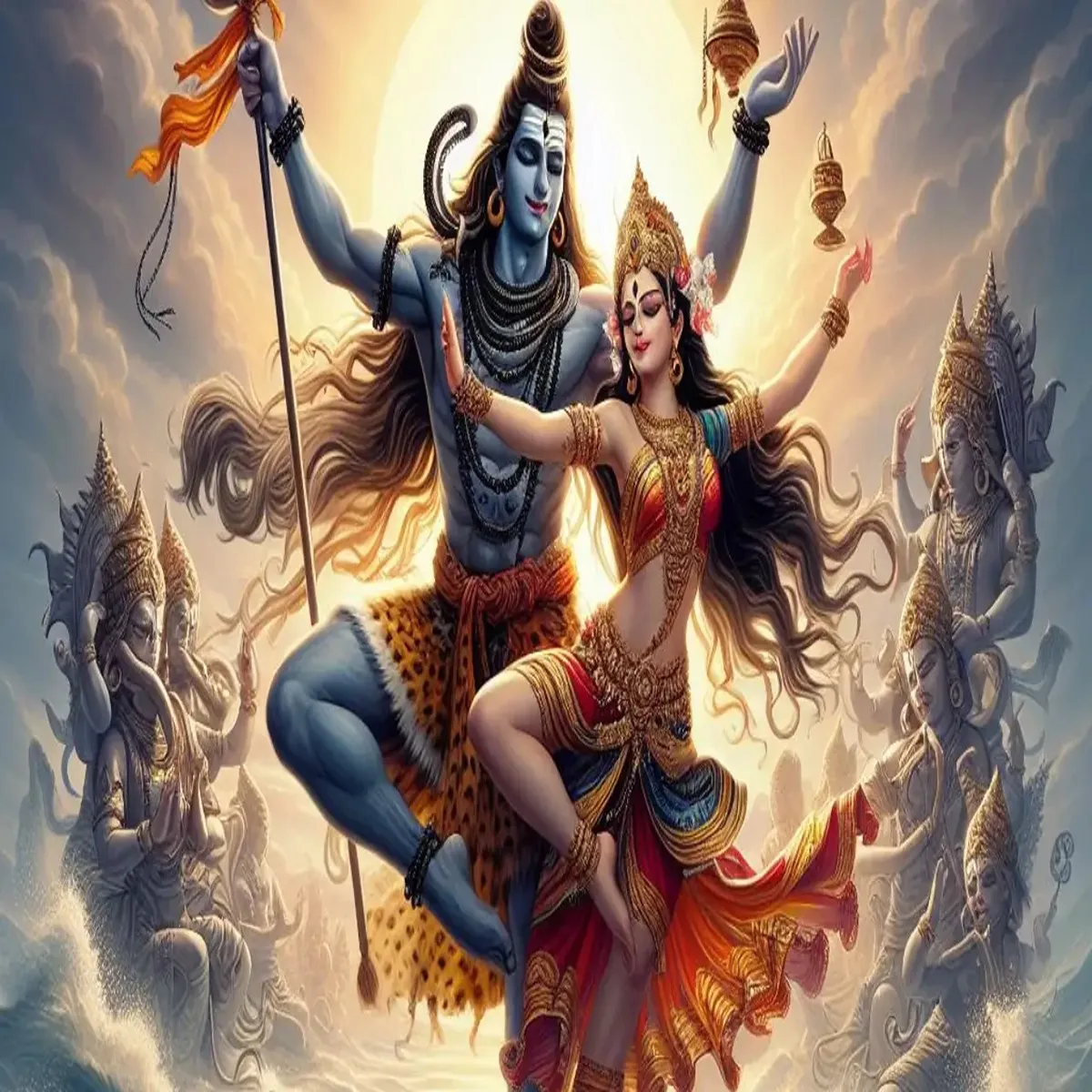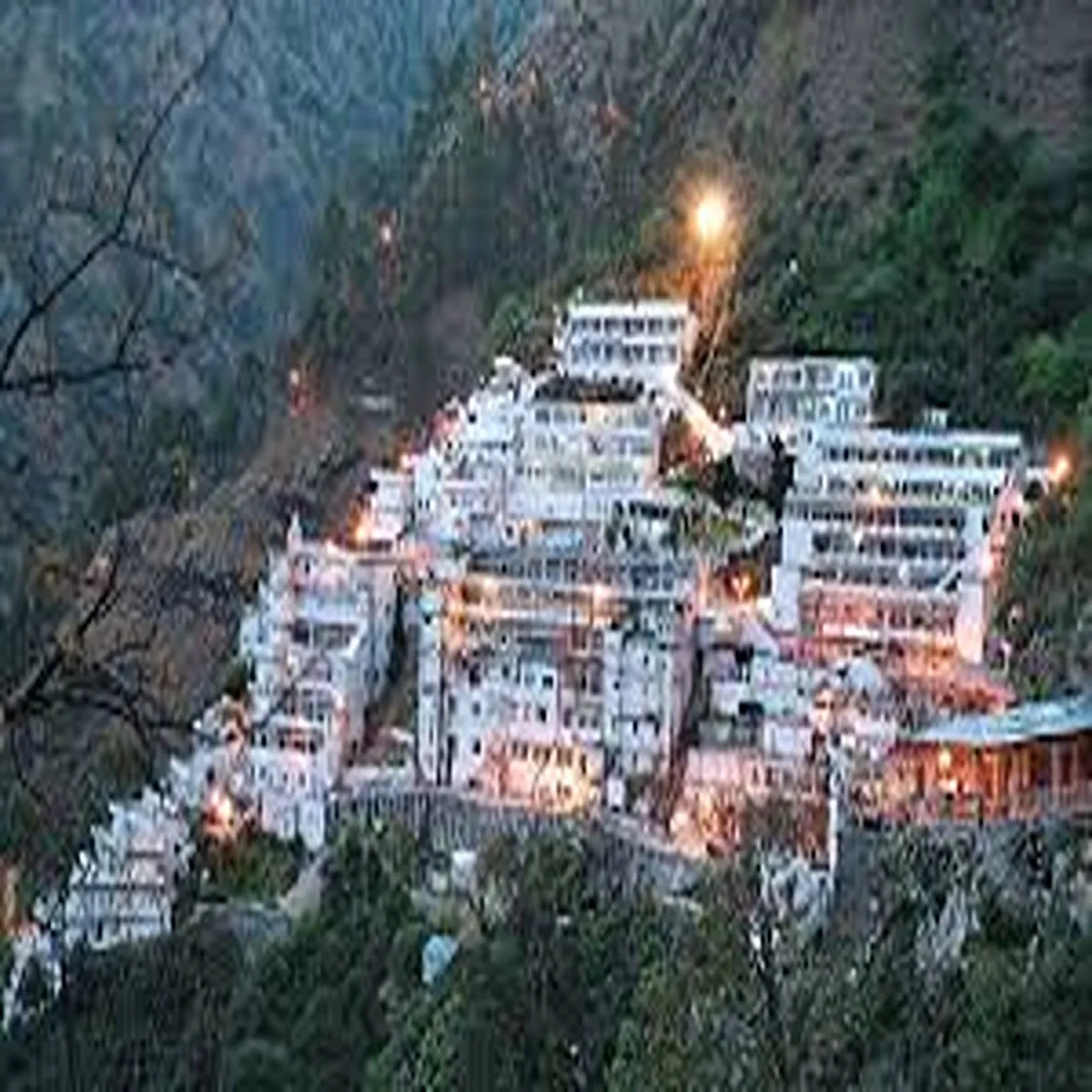Story of Lord Murugan: The god who resides in the hearts of Tamils, read here the story of the divinity and power of Lord Murugan
Story of Lord Murugan: Have you ever noticed the deep relationship between Tamils around the world and Lord Murugan? Lord Murugan is a prominent figure in Tamil culture and is often referred to as the “Tamil God” or “Tamizh Kadavul”. He is worshipped as the god of war, victory and wisdom. For thousands of years, Tamil culture and identity have been influenced by this strong historical connection with the Tamil language, customs and values.

Here is a study of the origin, symbolism and cultural significance of Murugan, supported by evidence from ancient Tamil worship rituals, literature and sculptures that depict him as a popular deity in Tamil Nadu.
Birth and Divine Appearance of Murugan
In ancient traditions, it is said that the divine essence of the third eye of Lord Shiva gave birth to Lord Murugan. The legend is about Lord Vayu releasing flaming sparks which transformed into six glowing offsprings and fell into the Saravana Poikai river. Murugan is often referred to as Saravana and Karthikeyan because the six Karthikeya daughters lovingly raised these children following the orders of Lord Shiva. Eventually, under the guidance of Mother Parvati, these six offsprings became one and were given the names Kandan and Murugan, which symbolize their combined strength and beauty. Their special place in the Hindu pantheon and their connection to cosmic forces symbolize their birth from the sacred essence of Shiva.
Significance and Meaning of the Name “Murugan”
In Tamil culture, the name “Murugan” has deep meanings. Murugan, which comes from the Tamil word Murugu, meaning “beauty”, represents the strong, gentle and mediating qualities that characterize the Tamil culture. The name also symbolizes elegance, valor and intelligence in addition to physical beauty. In addition, “Muruga” also represents the three major Hindu deities, the Trimurti:
Mukundan (Lord Vishnu)
Ga: Kamalodbhavan (Lord Brahma) and Ru: Rudran (Lord Shiva) This connection, which combines elements of the three greatest gods, reflects his importance in Hinduism.
Tamil epics and historical background
As the patron and primary deity of the Tamil people in the five Tamil landscapes (Kurinji, Mullai, Marutham, Neithal and Palai), Lord Murugan has been worshipped since the Sangam period. The poets Auvaiyar, Nakkirar and Arunagirinathar praised Murugan’s bravery, wisdom and beauty in works such as Thirumurugatruppadai and Parippadal, while the ancient Tamil scholar Tholkappiyar recognised his special rank. These songs from the Sangam period establish Murugan as the “Tamil God”, exemplifying the positive aspects of Tamil culture. This identification is further strengthened by his portrayal as a benevolent protector in Tamil epics such as Silappathikaram and Manimekalai.
Connection to Tamil
Murugan’s distinctive personality is largely due to his divine connection with the Tamil language. It is said that Murugan imparted the divine knowledge of the Pranava sound (OM) in Tamil to his father Lord Shiva. Devotional songs sung in temples and homes today, such as the Thiruppugazh, composed in Tamil by Saint Arunagirinathar, express this teaching.
Murugan, also called Arumugam (six-faced deity), is depicted with twelve eyes, representing the twelve Tamil vowels. His three eyes symbolize the three Tamil syllables – Balwan, Saumy and Madhyam – symbolizing the varieties and similarities of Tamil culture. Murugan is established as a key figure in the Tamil tradition through his sacred spear, Vel, which is considered a unique symbol that embodies the unique qualities of the Tamil language.
Murugan: Patron of Tamil warriors and symbol of valor
Especially among Tamil soldiers and leaders, Lord Murugan is considered the god of war, valor, and protection. Before embarking on a battle, Tamil rulers of the Chera, Chola, and Pandya kingdoms would invoke Murugan’s name to invoke his divine protection. His Vel, or spear, is a symbol of patience and perseverance highly respected by the Tamil people and is a symbol of protection and valor. This association with warriors underscores Murugan’s function as a powerful and protective deity in Tamil society.
Worldwide worship and the Tamil diaspora
Tamil Nadu is not the only place where Lord Murugan is worshiped. In Sri Lanka, Malaysia, Singapore and Mauritius, Tamils celebrate Murugan with grand festivals and celebrations, especially Thaipusam, during which followers carry kavadi as a symbol of devotion. His reputation as a Tamil deity and his deep connection to worldwide Tamil history is further strengthened by the fact that Murugan temples around the world help Tamil people preserve their language, culture and spiritual beliefs.
Lord Murugan is a special and revered Tamil deity because of his deep connection to Tamil culture, language and values. Murugan has a special place in Tamil hearts, as evidenced by his birth story, the meaning of his name, his connection to the Tamil language and his prevalence.

